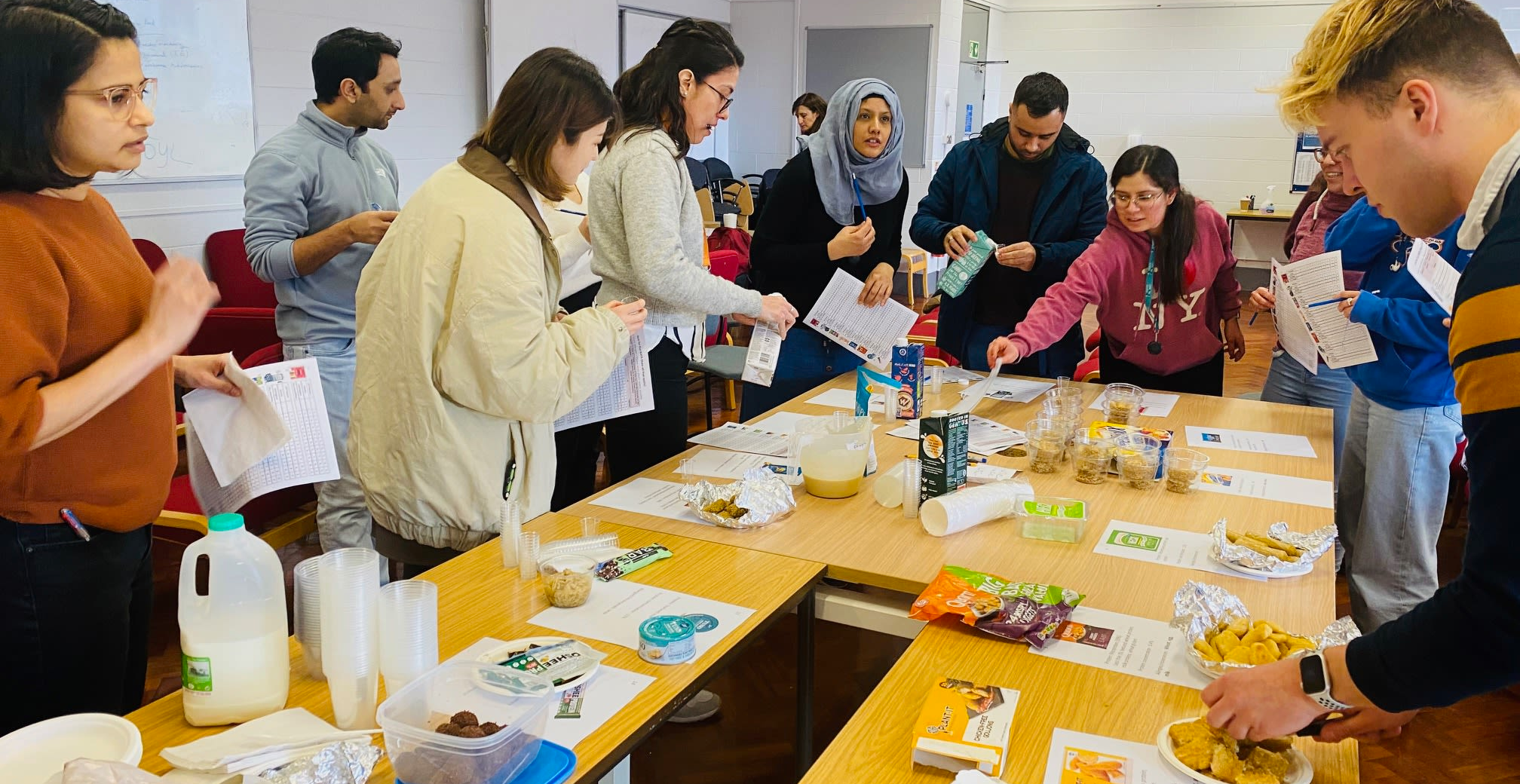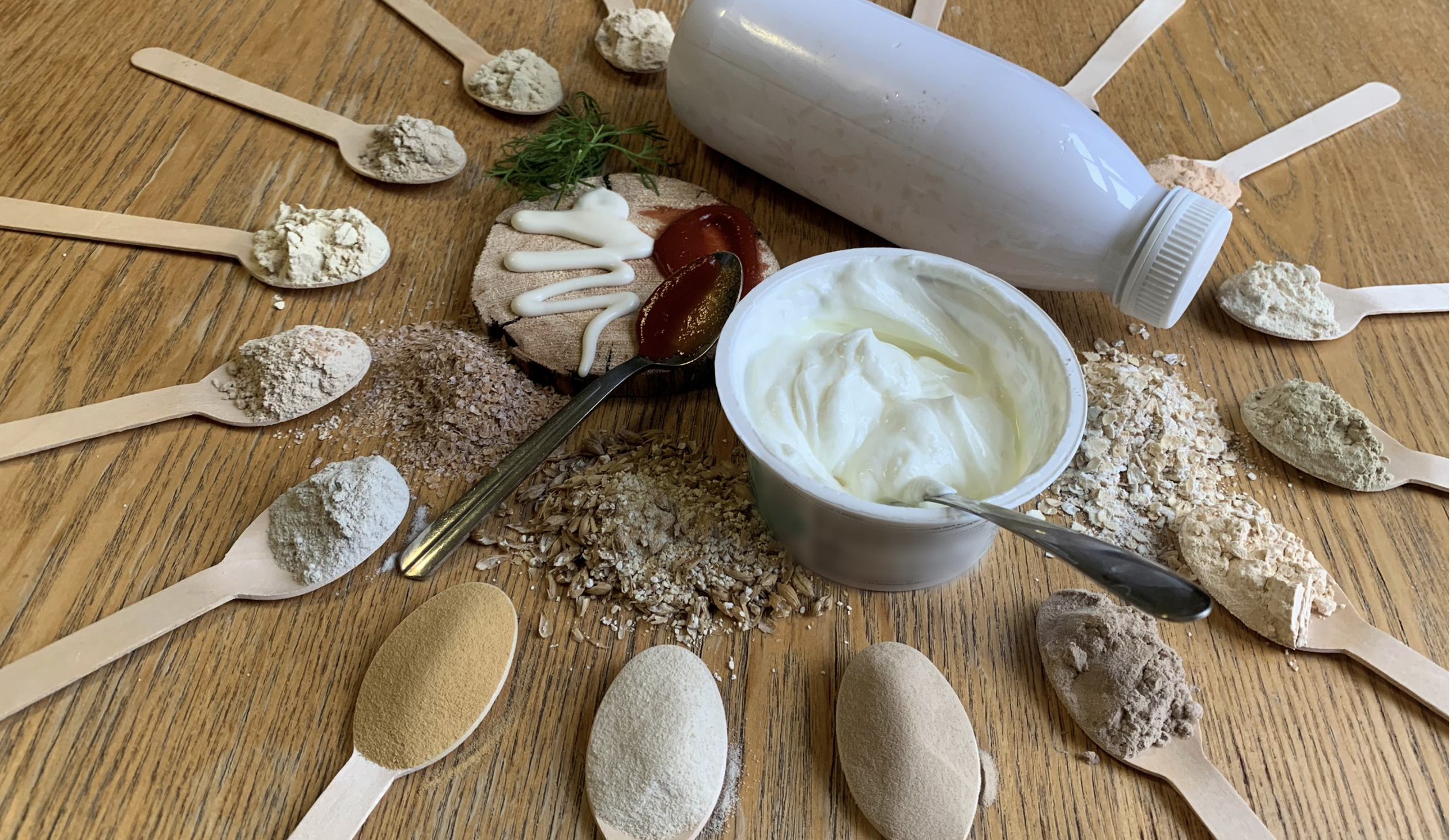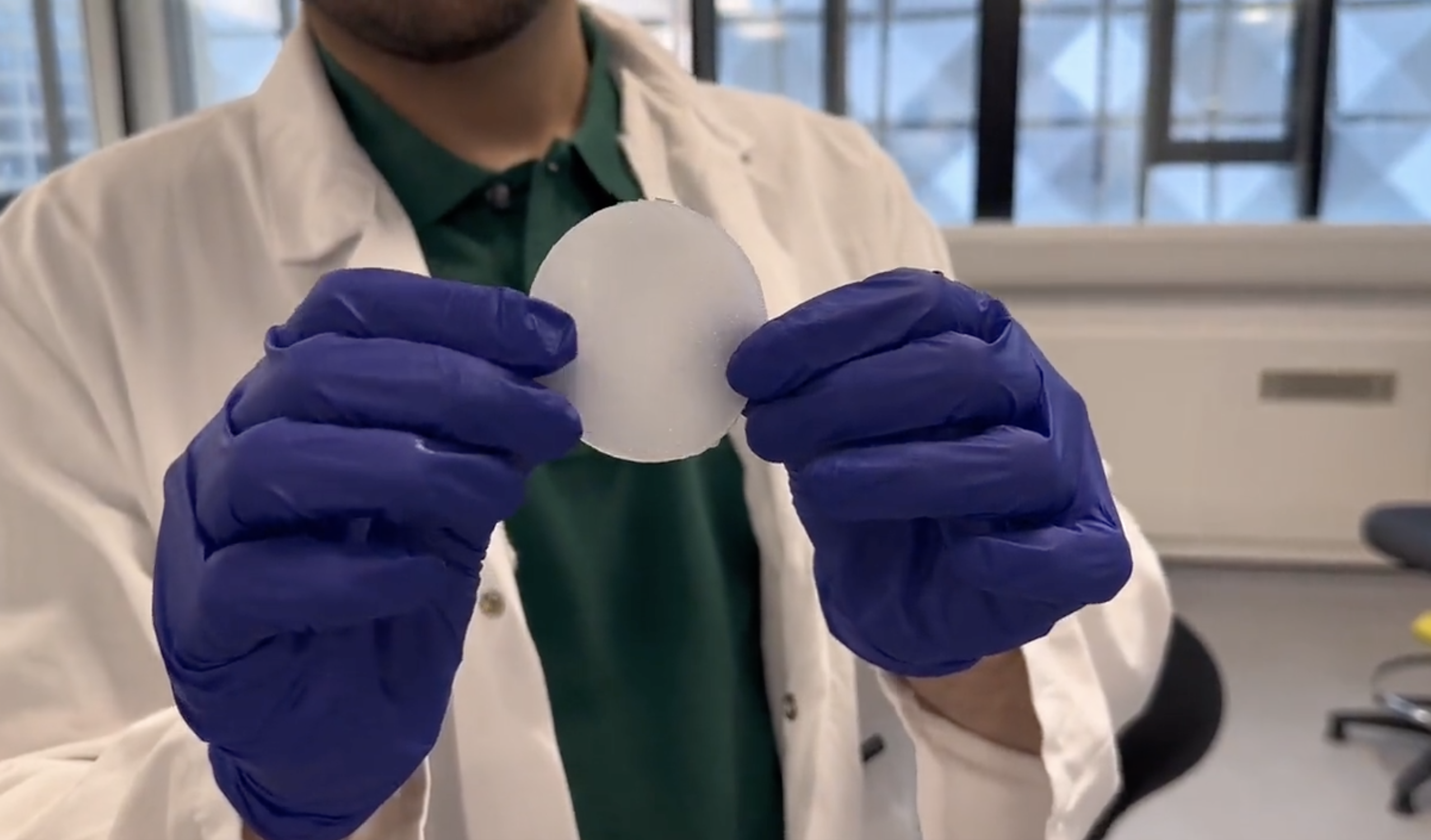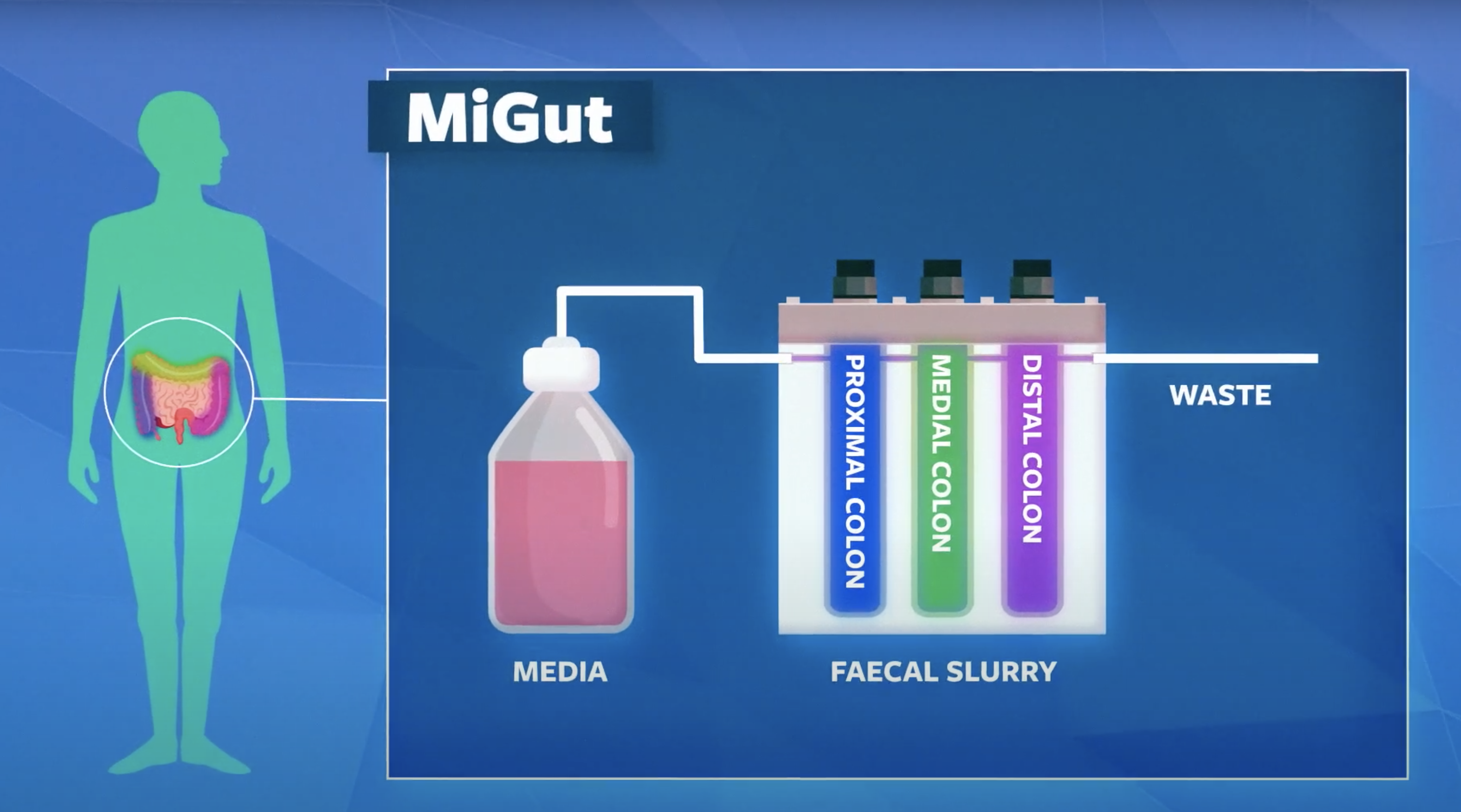Leading the development of insights to tackle global food challenges

Introduction
The threats of climate change, energy costs and rising populations mean we must urgently solve a key question. How can we feed a growing world sustainably, affordably and healthily? One answer could be alternative proteins.
Three quarters of the food we consume globally comes from just 12 plant and five animal sources, with just three crops accounting for 51 per cent of the calories included in the diet, according to the United Nations Food and Agriculture Organization (FAO). This narrow selection comes at a cost to animal and human health.
Finding new sources of nutrition may hold the key to improving global diets for centuries to come, so it’s no surprise that businesses are investing in them. In the decade up to the first half of 2023, the alternative protein industry raised a whopping $14.6 billion of investment – with 80 per cent of this money coming in the final three years alone.
But there are some huge stumbling blocks standing in the way of truly transformative change:
- How can we make products that truly emulate the taste and texture of meat to persuade people to swap (and stick)?
- How can we keep prices low and make products as nutritious as possible?
- How can we make better use of abundant but underutilised natural resources to put more food on plates in places in places where growing protein is difficult?
In August 2024, the University of Leeds announced it is the host partner for a new £38m centre dedicated to solving these challenges - developing acceptable and planet-friendly foods that could reduce humanity’s reliance on traditional, animal-based sources of protein.
The National Alternative Protein Innovation Centre (NAPIC) is hosted by the University of Leeds and co-led by the James Hutton Institute, the University of Sheffield, and Imperial College London. It has funding support from UKRI Biotechnology and Biological Sciences Research Council (BBSRC) and Innovate UK.
Consumers care about food texture, taste and added ingredients
Emulating the taste and texture of meat is not straightforward, but many brands are inviting people to compare meat-free products with meat on a like-for-like basis, because they market them as direct alternatives.
As a spokesperson for the Good Food Institute put it, “53 per cent of consumers agree that plant-based meat products should taste just like meat” – a different proposition to just achieving delicious grub on its own merits.
That desire, plus the fact that plant-based ‘meat’ can often be more expensive than the animal-derived original, has meant that sales of alternative protein products have stagnated more recently in challenging economic times.
In fact, meat alternatives were among the worst performing grocery categories of 2023, with sales volume declining by 4.2 per cent while meat generated £352.5m more purchases.
Put simply, curious shoppers seem to be trying meat-free burgers and meals a few times, but all too often not repeating the purchase.
It isn’t just taste, texture and cost, either. At a time when health warnings about the perils of ultra-processed food abound, there is also concern from some consumers about just how healthy a meal containing lots of additional ingredients they don’t recognise may be.
Fortunately, when it comes to tackling these challenges, scientists and researchers at the University of Leeds have big ambitions.
Across multiple departments, teams of leading experts are collaborating with commercial partners in industry to improve our eating experiences, develop more efficient ways of producing nutritious food and even discover affordable new sources of alternative protein to address world hunger.
Researchers testing different non-meat products
Researchers testing different non-meat products
The focus of their projects is incredibly varied, as are the sources of funding and the private sector companies eager to take advantage of the expertise and facilities on offer at Leeds.
Pioneering protein projects require partnerships between universities with bright minds and state-of-the-art facilities, incubators and businesses that have the funds and market power to bring their discoveries to fruition.
But by speaking the language of business and getting to truly understand our partners’ priorities and challenges, our researchers are providing the pieces of the puzzle that they lack.
Uniting all our work on alternative proteins is a single vision: to support innovative companies in spearheading the push towards new food products that can be as beneficial to people and the planet as they can be profitable.
That isn’t something academia can do alone.
The critical partnership between universities and businesses
Here at Leeds we work with business partners (SMEs, startups, large companies), third sector, government bodies and consumer groups. And as we strengthen our relationships with existing partners at the forefront of alternative protein development, across the entire value chain from farmers to industries to consumers, the future is brimming with potential.
Organisations are turning to the University of Leeds in their droves thanks to our reputation as a world leader in food colloids, oral processing, diet and health.
With the Guardian University Guide 2024 ranking University of Leeds within the top 5 for Nutrition and Food Science in the UK, tapping into our students, postgraduates and researchers gives industry access to top talent.
You can join us in this mission.
We’re always on the lookout for new partners – so if you want to accelerate your business’s progress in alternative proteins, look no further than Leeds.
Learn more about collaboration with the University of Leeds

Our models and simulators
The University of Leeds has developed a number of unique laboratory models and simulators available for commercial food research
A spread of different testing protein types developed at Leeds
A spread of different testing protein types developed at Leeds
High performance lubricating microgels
Plant protein products have boomed in the supermarket aisle, however these products face numerous sensory challenges and are often inferior to animal proteins. Can we physically process plant proteins to improve their sensory properties without extra additives? Microgelation may be the answer.
3D printed tongue-simulator
3D printed tongue-simulator
Proprietary 3D tongue-simulator
3D tongue-simulator is an instrument which exploits a 3D printed material mimicking topography, wettability and mechanical properties of an average real human tongue. It replicates the tribological conditions occurring in oral processing of model food systems. By measuring frictional forces, the simulator provides insight into the textural properties of food and therefore, can be used as a semi in-vitro measurement technique in food, pharmaceutical and oral care sectors for product screening and development.
MiGut passes substances through a series of chambers to simulate the human gut
MiGut passes substances through a series of chambers to simulate the human gut
MiGut human digestive model
We’ve developed a miniaturised model of the large intestine, which is where most of our microbes live, called ‘MiGut’. We can study the human gut microbiome in the laboratory
The reduced size and automation of 'my gut’ allow for complex studies about the gut microbiome that were never before possible and is a vital tool in developing healthier, gut-friendly foods.
Just some of our world-leading experts
At the University of Leeds, we are proud to have a diverse range of skilled staff making our research possible. Learn about their unique backgrounds and areas of interest.
Professor Anwesha Sarkar
Chair in Colloids and Surfaces
Dr Alan Javier Hernandez Alvarez
Lecturer in Nutrition and Global Health
Professor Nik Watson
Professor of Artificial Intelligence in Food
Professor Kieran Tuohy
Professor of Energy Metabolism and Microbiome
Dr Siavash Soltanahmadi
Research Fellow in Oral Tribology
Top 50 in the world for Food Science and Technology
Top 5 in the UK for Nutrition and Food Science
91% 'world-leading’ or 'internationally excellent
Partner with Leeds
Tackle your business challenges with world-leading protein researchers.
Are you a forward-thinking organisation seeking to drive innovation in the alternative protein space? The University of Leeds can help you progress further and quicker.
Why collaborate with us?
- We’re at the forefront of shaping a better future using sustainable foods – we work with business partners (SMEs, startups, large companies), third sector, government bodies and consumer groups
- Through collaboration with commercial partners, our researchers put their expertise and ideas into practice.
- Teams at Leeds don’t just theorise or experiment. They make, invent, advise and recommend, working hand in hand with industry to advance alternative proteins of all shapes and sizes.
- By partnering with us, your business can take advantage of our experience, equipment and enthusiasm to solve real-world challenges.
What we offer?
- Research partnerships: Join forces with our world-class faculty and researchers on projects tailored to your business needs.
- Customised solutions: Work with us to develop tailored research programs, product prototypes and technical solutions.
- Industry insights: Gain valuable market intelligence and access to industry networks through our collaborations and partnerships.
Take the next step
Ready to revolutionise the future of protein together? Contact us today to discuss collaboration opportunities and unlock the potential of alternative protein innovation.
Email Vivien Badaut Innovation & Business Development Manager at v.badaut@leeds.ac.uk to find out more.
Alternative Protein FAQs
We’ve covered some of the most common questions about alternative Proteins here so you can understand more about them and how they’re revolutionising the food industry.
What are alternative proteins?
Alternative proteins are those derived from sources other than traditional animal agriculture, such as plants, fungi, algae or cultured cells.
Why are they gaining attention?
Alternative proteins are in the spotlight because of concerns about sustainability, animal welfare, and public health. They offer potential solutions to address these issues, while providing new opportunities for innovation and market growth.
What are the different types of alternative proteins?
Alternative proteins encompass a range of sources, including plant-based proteins (e.g. soy, pea, and wheat), microbial proteins (e.g. fungi and algae), and cultured or lab-grown proteins (e.g. cell-based meat and seafood).
What are the benefits of alternative proteins for businesses?
Alternative proteins could help you diversify your product offerings, give you access to new markets and consumer segments, reduce your environmental impact and enhance your brand reputation.
What are the challenges of alternative protein production?
Technological barriers, scalability issues, regulatory uncertainties, consumer acceptance and cost competitiveness compared to conventional animal proteins are all hurdles to overcome.
What are the regulatory considerations for alternative protein products?
Approaches vary by region and product type, but may include safety assessments, labelling requirements and approval processes for novel ingredients or production methods.
What are the market opportunities for alternative protein products?
Market opportunities for alternative protein products are expanding rapidly, driven by growing consumer demand for plant-based and sustainably sourced foods, as well as increasing investment and innovation in the alternative protein space.

















